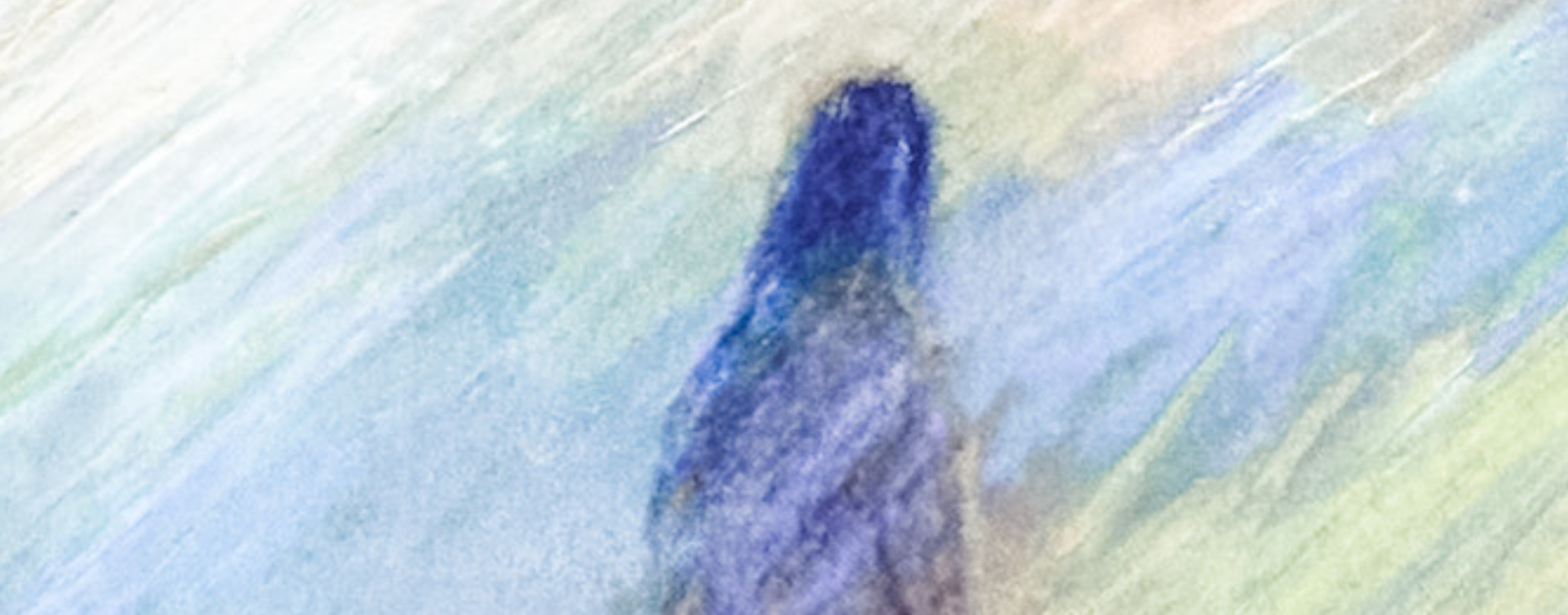Because we have a daughter with Down syndrome, I hear lots of stories about family members with Down syndrome and other intellectual disabilities. Sometimes I hear the stories of siblings or cousins or uncles who are beloved and crucial aspects of family life. And sometimes I hear the stories of the ones who were sent away.
There’s the middle-aged woman who discovered she had a half brother with Down syndrome upon her father’s death. And the one who found out about an uncle he had never met. There’s the boy with the brother he sees once a year. The mother whose daughter has lived in a different country for decades now.
The Ones We Sent Away, Jennifer Senior’s cover story for this month’s Atlantic, tells her own family’s poignant and heart wrenching story. She learns her mother was not an only child, but rather, an older sister whose younger sister was institutionalized for her entire life.
Once Senior and her mother meet her aunt, she aches with the loss of relationship. She underscores the series of missteps that led to her aunt’s institutionalization–the assurances by doctors that this would be best for everyone, the deceptive promises that her aunt would never be able to live in loving relationships, that she needed antipsychotic medication, that she would never grow old or have meaning in her life. Senior only meets her aunt a few times, and yet all these assumptions are exposed as lies.
Senior does not connect the dots to our present moment. But when parents receive a prenatal diagnosis of Down syndrome and other genetic conditions early on these days, they often hear a version of the same words that Senior’s grandparents heard. “It will be better for your family if this child isn’t with you.” But what if we assumed that this child’s life is valuable and meaningful? What if welcoming this child would bring love and learning and growth, even if it also means hardship and vulnerability and uncertainty? What if it would be better for you and your family to receive this child, as they are?
More with Amy Julia:
New York Times: I’m Thankful Every Day for the Decision I Made After My Prenatal Tests
Acknowledging the Harm Inherent Within the Abortion Debates
The Ambiguities of Abortion
In the Wake of the Supreme Court’s Decision, The Lord’s Prayer
Subscribe to my newsletter to receive regular updates and news. You can also follow me on Facebook, Instagram, Twitter, Pinterest, and YouTube, and you can subscribe to my Love Is Stronger Than Fear podcast on your favorite podcast platform.



